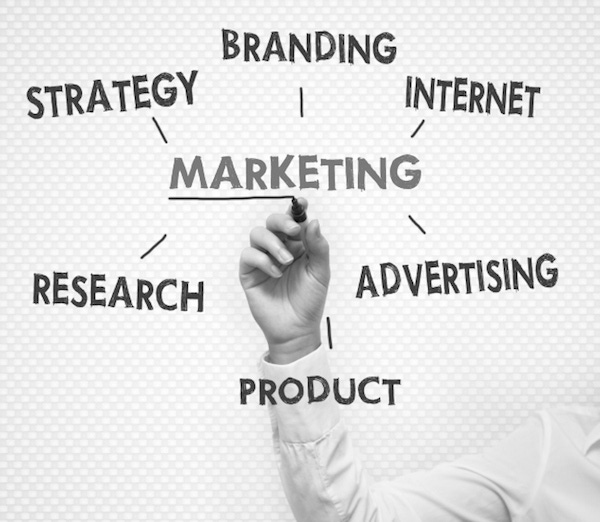Consistency is the most effective element of any marketing campaign, helping create both awareness and trust.
September 3, 2014

By Brian Sherman 1
Of course, it’s really no secret. VARs and MSPs who consistently dedicate time, budget and brainpower to their marketing programs will drive more leads and awareness than those who don’t. Slow and steady may not be an optimal approach to promoting your business, but it’s certainly better than funding an occasional email campaign or sporadically advertising your services.
Consistency is the most effective element of any marketing campaign. It helps creates both awareness and trust. When potential (and current) customers see and hear your company’s messaging on a continual basis, it adds to your image of success and stability. Of course, the proper words and visuals still have to be conveyed in that communication, but a stable frequency is what makes it “sticky.”
That’s what marketing is all about. Companies that do it well and show consistency become the brand standard—as long as they provide their customers with quality products and/or services. Marketing can help even the smallest company boost its reputation with a just a little time and effort, as well as a bit of creativity. You don’t have to be a graphic artist or a media professional to place an ad in the local newspaper or to sponsor a hole in the chamber of commerce golf tournament.
To Collaborate or Not to Collaborate?
Of course, virtually everything you need to build and manage a successful marketing campaign can accomplished with the help of an outsource partner. If no one on your team has those particular skills, contract with a local or industry professional to run a couple test promotions and, if those go well, you can expand the program. Over time the organization will likely need its own dedicated marketing expert on staff to closely control company messaging, manage all promotional activities and deliver measurable results.
As a general rule, the U.S. Small Business Administration suggests that companies with less than $5 million in revenue dedicate approximately 7 percent to 8 percent of their sales earnings to marketing. That equates to between $14,000 and $16,000 a year for a $200,000 IT services company; a sizeable budget that could equip you for a fairly comprehensive promotional campaign. Fast-growth organizations often double or triple that investment to meet aggressive lead goals. Either way, the budget should be realistic to help drive the objectives.
Whether that’s a quarterly online search campaign, a monthly newsletter to customers and prospects, or a weekly email program, it’s important your organization is generating at least a minimal level of “buzz.” Is the company name familiar to your target audience? Do they know what you do and how you can help them run their business? If not, you better get marketing. That continual flow of information is essential to driving new leads and building a brand.
After all, it’s nearly impossible to predict when a business owner or executive will be looking for better solutions to his or her problems. While the end of the fiscal year is typically a prime time for budget discussions, most organizations spend months researching their project options before finalizing a deal. When they see or hear your company message and it piques their interest or addresses a major pain point, it may turn into a lead opportunity. That’s the core reason why businesses need to have a recurring flow of promotional activities underway at all tie. It’s vital to their growth and long-term stability.
You May Also Like
